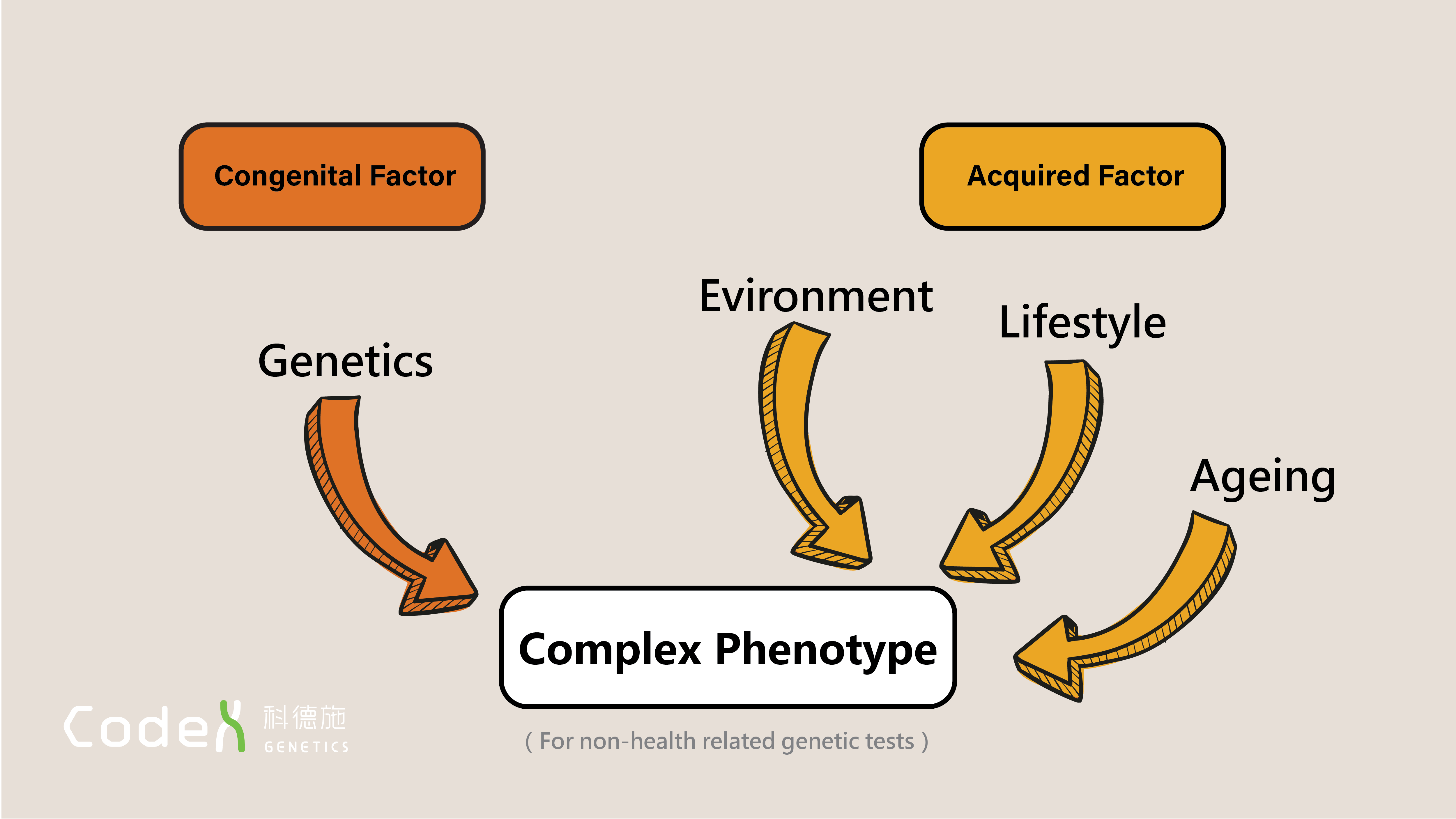Are there any data errors from DNA sequencing?
DNA sequencing is the process of determining the order of nucleotide
bases (A, C, T, G).
After getting a qualified testing sample, laboratory technicians would
go through the procedures of DNA extraction and library preparation.
After that, it will be the DNA sequencing process with a DNA sequencer.
The processes require professional technology supports from laboratory
technicians so that there will not be any mistakes in the manual
processes.
Once the samples pass to the DNA sequencing process, it is required to
pass certain standards before entering the data analysis process.
Is data analysis from sequenced DNA creditable?
Even if it is ensured that the sequencing process is handled properly,
the data analysis process plays an important role in determining the
accuracy of genetic testing.
Bioinformaticians arrange the DNA sequence for DNA alignment. This is a
step to identify similarities and differences in the DNA sequence.
Variants, such as insertion mutations or deletion mutations, can be
identified from the arranged DNA sequence. This process is called
variant calling. After that, bioinformaticians would assign functional
information to DNA variants for variant annotation. It is to find out
the relationship between identifies mutations and diseases.
Every step above is affecting the accuracy of genetic testing. It
includes manual, equipment, and technology factors. When considering the
accuracy of a genetic test, all factors should be considered.
Medical error caused by inaccurate genetic testing
There was news reported that brothers from the same family suffered from
muscular dystrophy, both passed away within 4 years. [2] We
can understand their parents have a family background of muscle
dystrophy from the news clip. Therefore, they decided to have genetic
testing after their marriage, to ensure they do not have the inherited
pathogenic gene to pass to the next generation. The testing result was
negative. However, both of their kids were onset at the age of 6 and 8
respectively. The genetic testing result was wrong at that time
obviously.
Not just in Hong Kong, there are medical errors caused by inaccurate
genetic testing in the United State. A mother tried to find out the
cause of epilepsy of her daughter with a genetic test. However, the
genetic testing company failed to find out the pathogenic mutation. Her
daughter passed away three years after. [3] A few years
later, the mother decided to have genetic testing of her own for a birth
plan. She asked for the test report for her daughter from the genetic
testing company at the same time. She found her daughter’s test result
was being revised. The result has shown that she had Dravet syndrome, a
rare form of epilepsy caused by a genetic mutation. The inaccurate test
report resulted in the wrong treatment option. The treatment plan would
be different if her daughter being diagnosed at that time.











